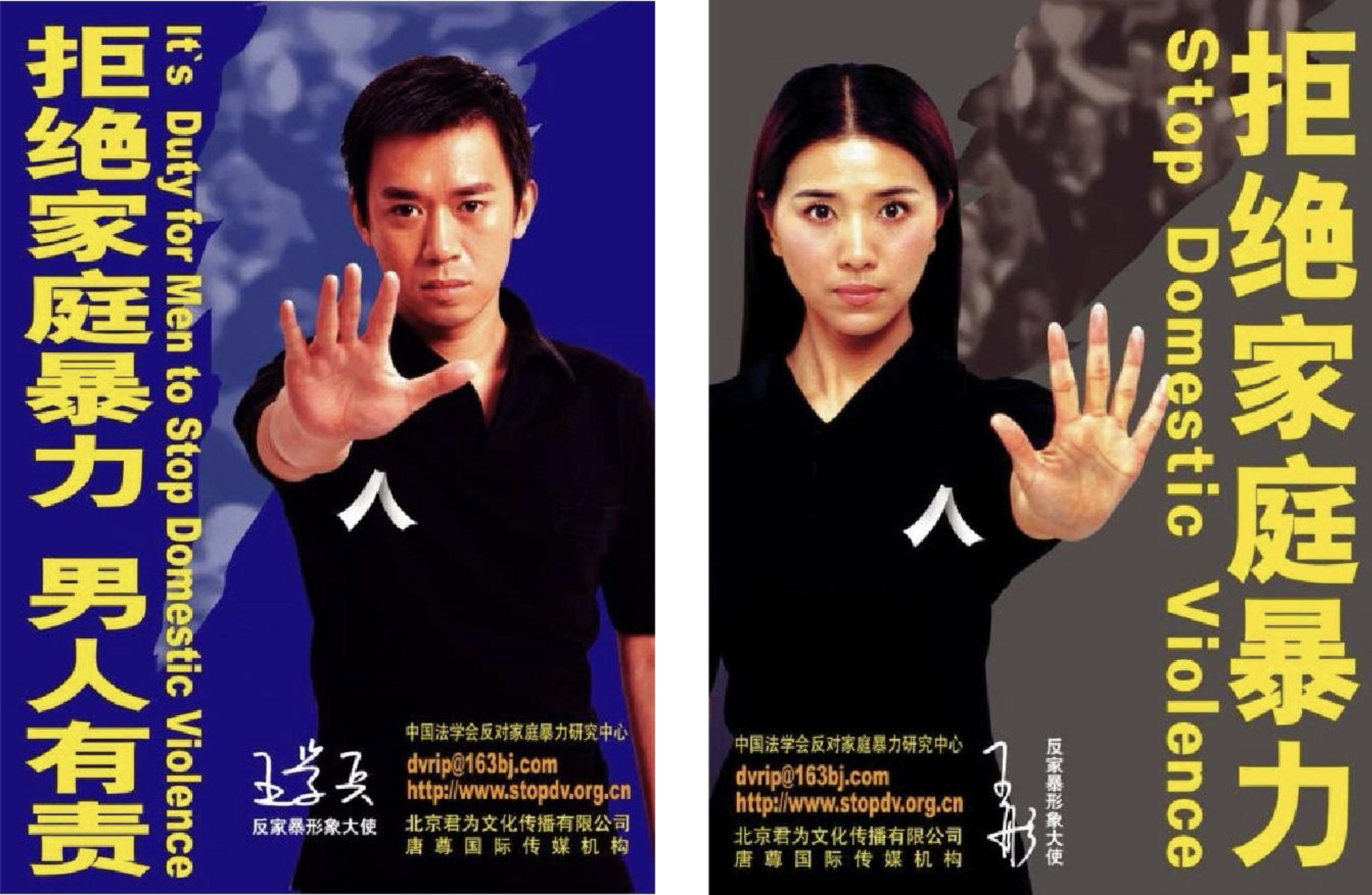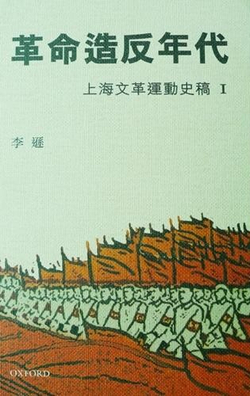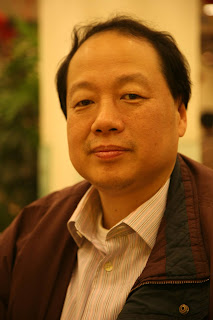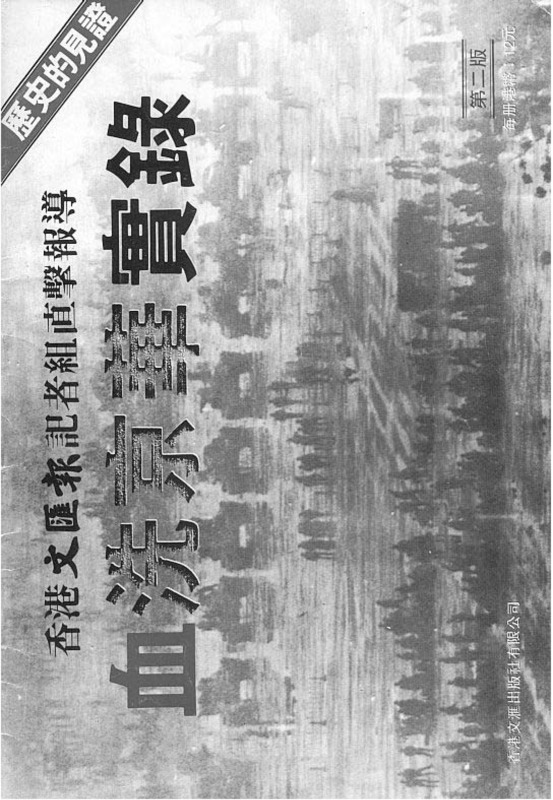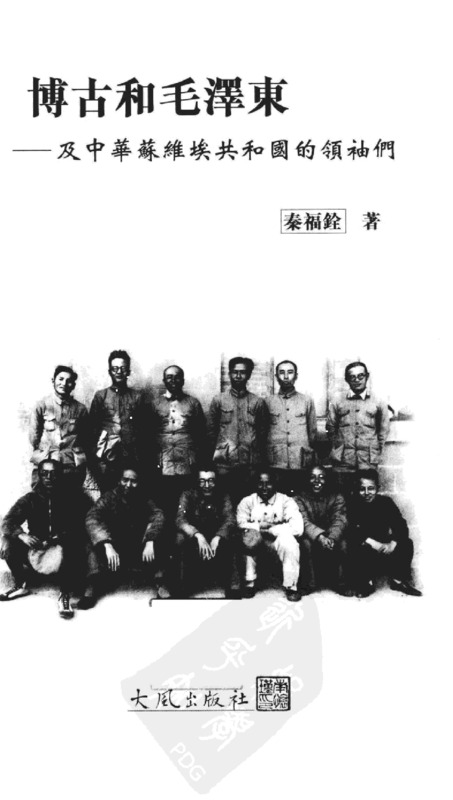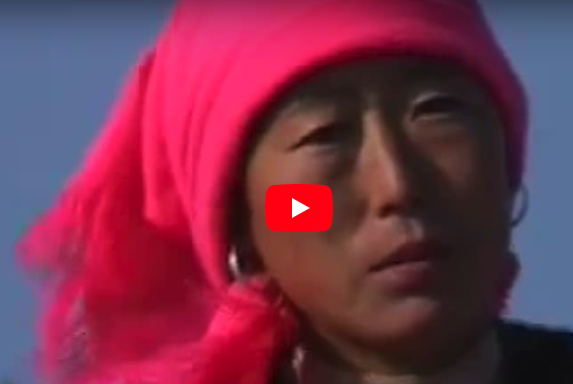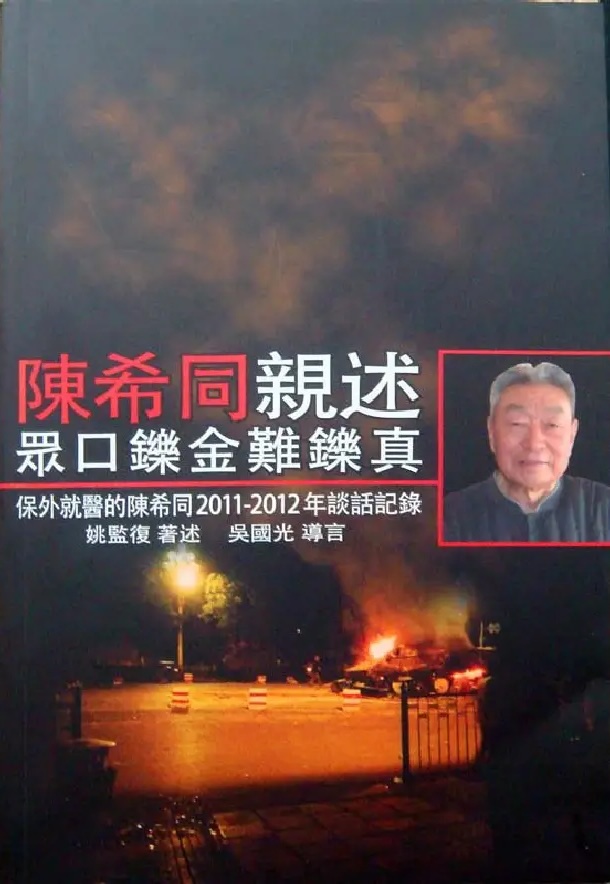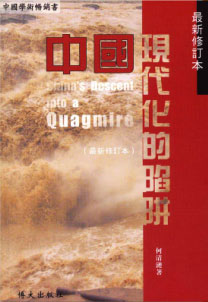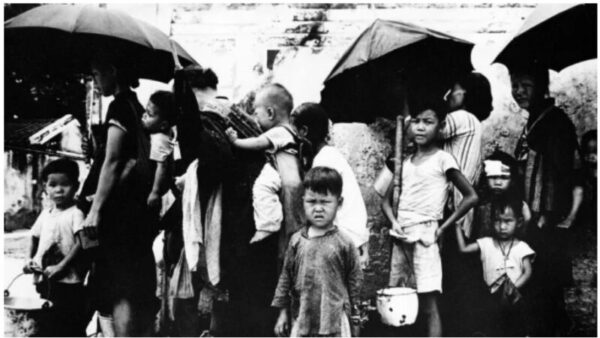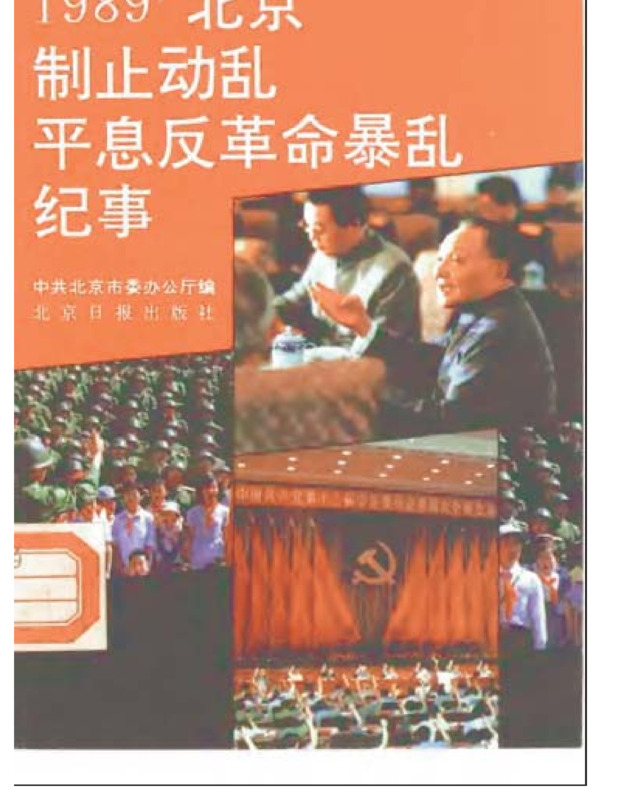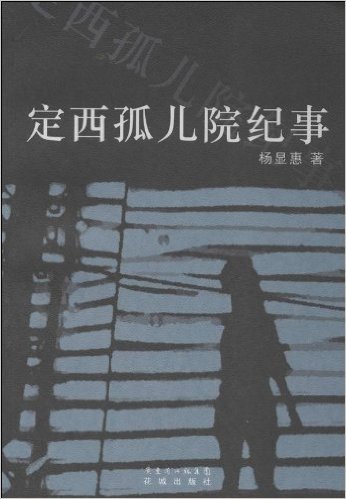Explore the collection
Showing 264 items in the collection
264 items
Article
The Vagina Monologues' Journey in Mainland China
This article comprehensively documents the journey of the play <i>The Vagina Monologues</i> in Mainland China, including its many performances nationwide, as well as screenings of the play and events based on the play.
The author, Rong Weiyi, is an associate professor at the People’s Public Security University of China and an expert in gender studies, serving as a member of the China Women’s Studies Association, a member of the China Marriage and Family Studies Association, and a special researcher for the China Police Association.
Film and Video
A Citizen Survey
In August 2008, after the 100-day anniversary of the Sichuan earthquake, rescue teams began to withdraw and the media stopped reporting on the casualties of school employees, teachers, and students. Chengdu environmental worker Tan Zuoren and local volunteers, however, were still searching for the cause of the collapse of school buildings within the ruins. As winter arrived, Tan Zuoren and his colleague Xie Yihui trekked through more than 80 towns and villages in 10 counties and cities, covering a total of 3,000 kilometers. Finally, before the May 12 anniversary, they issued a report of their investigation, which was the first independent inquiry report on the Sichuan earthquake’s impact on schools. At the same time, Beijing artist Ai Weiwei furthered civilian investigation and new volunteers arrived in Sichuan to search for the names of students who died. This documentary is an incomplete record of a civilian investigation and a piece of testimony submitted to the court charging Tan Zuoren with “suspected subversion of the state.”
This film is in Chinese with Chinese subtitles.
Book
A Non-governmental White Paper on the June Fourth Massacre
At the turn of the spring and summer of 1989, democratic protests broke out in Beijing and other cities in China. In the early hours of June 4, the Chinese government dispatched troops to suppress the movement. In 2009, on the occasion of the 20th anniversary of the June 4th Incident in 2009, some participants in the movement jointly released the "Unofficial White Paper on the June 4th Incident". The book has 48 pages and a large number of illustrations.
This white paper attempts to provide a complete political background and legal analysis of the events based on reports from Chinese newspapers, radio and television stations at the time, as well as memoirs and interviews that have been published over the past 20 years. Participants in this book believe that the Chinese government has not conducted a comprehensive investigation and objective evaluation of the June 4th Incident, and has long blocked relevant information and prohibited private investigation and discussion of the matter. The report is called a "white paper" to emphasize its rigor and normative nature.
Participants in this book include Hu Ping, Yan Jiaqi, Wang Juntao, Wang Dan, Yang Jianli and others. The book was written by Li Jinjin, a doctor of law.
Book
Active Life
This is a collection of essays by Cui Weiping, a professor at the Beijing Film Academy. The title, inspired by Hannah Arendt, covers a wide range of fields from poetry and movies to politics and ethics, and tells the stories of fascinating people, the construction of their inner world and external lives. These people include Hai Zi, Wang Xiaobo, Arendt, Woolf, Beauvoir, Tarkovsky, Kremer, Herbert, Havel, and many others. Behind these seemingly unrelated names, there are hints of these two interdependent spiritual dimensions: on the one hand, the construction of the external world in which we live; on the other hand, the construction of our own inner world, which cannot be neglected. This book, published by Renmin University of China Press in 2003, has had a significant impact on the development of civil society in China.
Book
Age of Revolutionary Revolt: Historical Manuscripts of the Cultural Revolution Movement in Shanghai, The
Shanghai is where the Cultural Revolution was launched, and the Shanghai Cultural Revolution is an important part of China's decade-long Cultural Revolution. This book is an important work about the decade-long Cultural Revolution in Shanghai. It has been commented that "Li Xun's book is the most detailed account of the Shanghai Cultural Revolution to date. Although other perspectives are possible, as far as political history is concerned, the basic framework is complete; and as far as the study and evaluation of the Cultural Revolution is concerned, the core of understanding the movement is almost lost without the Shanghai Cultural Revolution." This book was published by Oxford Press in 2015.
Here is a link to purchase the book from the publisher:
https://www.oupchina.com.hk/zh/general-interest/humanities/archives/2014/24_shanghai-cult-revolution
Book
Anthology of Essays by Zhang Zuhua, An
Zhang Zuhua is an independent scholar in China. In his early years, he served as a member of the Standing Committee of the Central Committee of the Communist Youth League, Secretary of the Youth League Committee of the Central State Organs. Later, he worked at a private research institute, mainly engaged in political modernization, the theory and practice of constitutional democracy, and China's political reform. He was a key participant in China's Charter 08 in 2008. This book is a collection of his political essays.
Book
At the Crossroads of History
This book is Gao Hua's next masterpiece after *How the Red Sun Rose*. It entails a selection of papers published by the author between 1988 and 2004, covering the fields of Republican history, Communist Party history, and contemporary Chinese history. It captures the historical interaction between the present and the past. Gao reflects deeply on the far-reaching Chinese Communist Revolution. With a rigorous and empirical research methodology, he sketches a complex and colorful picture of history, presenting the multiple facets of twentieth-century China's history.
Book
Blood Letters: The Untold Story of Lin Zhao, A Martyr in Mao's China
This book is the brainchild of Prof. Lian Xi of Duke University, U.S.A. In March 2018, it was published in English by Basic Books in the U.S.A. In 2021, it was published in Chinese by Taiwan Business Press. Based on a large amount of historical materials as well as first-hand interviews, this book reconstructs Lin Zhao's life. It depicts the political development before and after the birth of New China, and presents the resilient will and beliefs of intellectuals in this era.
To purchase this book, please visit [the publisher](https://www.hachettebookgroup.com/titles/lian-xi/blood-letters/9781541644229/?lens=basic-books), or a bookseller.
Book
Bloodshed in Beijing and China: Hong Kong Wen Wei Bao 1989 Special Edition
During the pro-democracy movement in 1989, Hong Kong journalists gathered in Beijing, including Wen Wei Bao"" reporters. This book is a special issue of *Wen Wei Bao* for 1989. It contains a large number of photographs, all taken by its reporters. "After the June 4 massacre, the Communist Party of China (CCP) settled scores with the editorial team of Hong Kong's "Wen Wei Bao," replacing the president, editor-in-chief, and deputy editors-in-chief. The editor-in-chief at the time, Jin Yaoru, later moved to the United States and publicly announced his resignation from the party.
Book
Bo Gu and Mao Zedong - and the Leaders of the Chinese Soviet Republic
Bo Gu (博古), real name Qin Bangxian (秦邦憲), was the top leader of the Chinese Communist Party (CCP) from 1931-1935, leaving his post as General Secretary of the CCP after the Zunyi Conference. The author of this book, who is Bo Gu's nephew, describes some important historical points in the early days of the Communist Party, the various activities among the top leaders of the CCP, such as Mao Zedong, and their relationships through the narratives and circumstantial testimonies of a number of knowledgeable people.
Film and Video
By the Sea
The family of Jia Qingyun, a farmer whose ancestors came to Guandong Province, returned to their hometown of Shandong Province with their three children due to the difficulties of life in the Northeast, and settled on the seaside of the town. However, facing the land where their ancestors had lived, they did not have land of their own. Nor did they have a household registration or a house. They can only face the sea and tenaciously start life again. Director Hu Jie records their hardships and their hopes for life.
Film and Video
Care and Love
This film records the story of Liu Xianhong, a woman from rural Xingtai, Hebei, who contracted AIDS through a blood transfusion in the hospital and decided to publicly disclose her identity and sue the hospital. After fighting in the courts, she finally received compensation. This documentary demonstrates the surging awareness of civil rights in rural China at the grassroot level through depicting the experiences of several families and the concerted efforts of patients to form “care” groups to collectively defend their civil rights. Due to public awareness, media intervention, and legal aid, the government also introduced new policies to improve the situations of patients and their families.
This film is in Chinese with both English and Chinese subtitles.
Book
Chen Xitong's Personal Account - It's Hard to Fuse the Truth with All the Words
The book is a transcript of conversations between Yao Jianfu, a well-known Chinese scholar, and Chen Xitong, who was released on medical parole between 2010 and 2012. Chen Xitong was the mayor of Beijing during the 1989 student movement and was considered one of the main suppressors of the movement. In 1998, Chen was sentenced to 16 years in prison on charges of "embezzlement." In 2004, he was released on medical parole. In this book, Chen Xitong tells his version of the June 4 Tiananmen massacre. He denies not only that he was the head of the "June 4 Martial Law Command" and also claims he is innocent of the charge corruption.
Book
China on the Edge: The Crisis of Ecology and Development
Published in China in 1989, this book caused a sensation, reportedly selling as many as 300,000 copies. Described as the first "descriptive study" of the reality of China. In order to raise national awareness of the need for environmental protection, it examines the agricultural, environmental, and resource problems that China was likely to encounter in the course of modernization and predicts that the future would likely be even worse. The book was banned immediately after publication.
Book
China's "Left Scourge"
The author of this book, Lu Jianhua (pen name Wen Lu), was a former member of the Chinese Academy of Social Sciences who published this book in 1993. He was sentenced to 20 years in prison in 2005 for "allegedly leaking state secrets" in connection with the "espionage case" involving journalist Cheng Xiang.
Book
China's Descent into a Quagmire
The author of this book is economist He Qinglian. As early as 1998, the manuscript began to circulate on the Internet. In 2005, it was published by a publishing house in mainland China and was immediately banned. The materials cited in the book discuss many aspects of China's social and economic issues today and are regarded as a representative interpretation of China's reforms by independent intellectuals. The author said that the book answers a question: What consequences has economic reform brought to China?
Book
Chronicle of Jiabiangou
Jiabiangou was a labor reform farm in Jiuquan County, Gansu Province, where "rightist" prisoners were held. October 1957, nearly 3,000 educated people were detained there. In October 1961, when the higher-ups corrected the "left-leaning" mistakes of the Gansu Provincial Party Committee and began repatriating the rightist prisoners, less than half had survived.
Writer Yang Xianhui spent five years interviewing more than a hundred people and brought to light the truth that had been sealed for more than forty years. Originally published by Tianjin Ancient Books Publishing House in 2002, this book also includes other short and medium-sized stories by Yang Xianhui.
Book
Chronicle of Rural Remediation of Communes in Difficult Times
Two years after the Great Famine of 1958, the government sent "rectification" work teams of about 10,000 people to many of the most severely affected provinces, such as Henan, Shandong, Anhui, Guizhou, Sichuan, Qinghai, and Xinjiang. The author of this book, Hui Wen, had just graduated from Renmin University of China and was assigned to work at the Institute of Modern History of the Chinese Academy of Sciences for half a year. In December 1960, he was sent to Jianyang, Sichuan to participate in the whole society. The book records what he saw during this period. heard.
Hui Wen came into contact with a large number of farmers and witnessed the situation of rural areas on the front line. Each article in the book records the date, place and passage of writing at that time, which adds to the history and authenticity of the book. After the Cultural Revolution ended in 1976, the author compiled these records into a volume. Through a case study of Jianyang, this book uses specific historical details to reflect the relationship between the Great Leap Forward policy and the Great Famine.
After the book was completed, due to China's strict publishing censorship system, the author did not submit it to a publishing organization and chose to circulate it among friends first. Later, he handed the manuscript to the website "China's Great Famine Archives," and this historical record was made public to the world.
Book
Chronicle of the 1989 Counter-Revolutionary Rebellion in Beijing
Published in 1989 by the Beijing Daily News, this book is the Chinese government's official account and presentation of the June Fourth Incident. Officially, it describes the June 4 Incident as an upheaval and even stigmatizes it as a counter-revolutionary riot. Some of the accounts presented here need to be judged against other sources.
Book
Chronicle of the Dingxi Orphanage
After the disaster in Dingxi Prefecture, which was the hardest-hit area of Gansu Province during the 1958-1960 famine, a children's welfare institution was urgently set up in Dingxi Prefecture to take in hundreds of orphans. During the same period, children's welfare centers or "kindergartens" were set up in all counties and towns in Dingxi Prefecture, as well as in the people's communes in the hardest-hit counties. These children's welfare centers, large and small, housed about 5,000 orphans. On the basis of faithful historical facts and statements by the parties concerned, this book brings tragic scenes of starvation and death before people's eyes using straightforward description, documentary language, and a down-to-earth tone of voice.
